The EU Marshall Plan for Africa and the Chinese Long Game

Back in September 2016, one might have taken notice that Juncker’s State of the Union speech contained references to a European investment plan in Africa. This has been recently reiterated by Werner Hoyer, the chief of the European Investment Bank, at the World Economic Forum in Davos.
The idea isn’t new: it’s part of a long-standing attempt by Europe to deepen her partnership with Sub-Saharian Africa, and this in turn also ties in with geopolitical issues in North Africa, the southern neighborhood of the Union. It’s no coincidence that Europe is today the second largest trading partner and largest donor for African countries.
But what’s the situation at large? You might be wondering how deep these ties are, whether they are only economic in nature, or if there are any competitors. You might see a connection with the management of the refugee crisis, or ask if Brexit will have a negative impact on the continuing EU development efforts in Africa. This article will not explore each issue in depth, but can hopefully serve as a quick primer to understanding the theater.
The Pre-Existing Partnership
Trade and development were among the very first areas of external relations to go through the early steps of European integration, back in the early days of the European Community. The first European Development Fund was packaged in 1957, and it targeted former European colonies. Since then, Europe has incrementally expanded these ties into a normative framework that found its current form in the Cotonou Agreement (2000). This agreement regulates relations between the EU and 79 signatory African countries, with the aim of reducing poverty, increasing institutional stability and establishing a European normative leadership in the area.
A fresh round of negotiations will begin in earnest in 2018, in lieu of the expiration of the original treaty in 2020. The renegotiation process comes at a time where the international order apparently allows for more options, which might explain why the EU is proposing what Wolfgang Schäuble called a Marshall Plan for Africa.
The EU and the African Union are also signatories of a joint strategy, now in its tenth year of operation. As might be expected, the focus is equally split between strategic considerations (peace and security) and regime change, promoting democratization as the point of arrival of a process of human development, acceptance of human rights and inclusive governance.
There are several other joint initiatives of different timescales that orbit around the same two fundamental issues: economic development and international security.
The Marshall Plan for Africa

The EU’s investment model in Africa is one of blending: public finances are funneled through the European Investment Bank to provide an easier access to loans, and thus spurring private sector investment. The plan calls for the EIB to provide up to $5 billion in direct lending to interested investors from the private sector.
The numbers involved when considering all investment activities, be they public, private or mixed, and trade and grants, is considerably higher, so why does this blending operation matter? Juncker called it a “lifeline”, the opportunity for people to find economic security at home, rather than seeking it elsewhere. The commission was more direct, stating that the fund aims to “address the factors that constitute the root causes of migration and to support partners to manage its consequences”.
When viewed in the larger context of migration policies, this Marshall Plan appears squarely aimed at stemming the African migration flow. There is no Erdogan-equivalent here, a long term interlocutor with solid regional capabilities. The commission evidently hopes that more economic security and better patrolling of borders will at least partially contain the flow, in the same way that the Balkan route has been closed.
Security

The issue of stability has gained in prominence over the past twenty years, and it sits high on the agenda of member States. The consequences of African instability are mainly illegal migration, terrorism and a variety of assorted crimes that range from human trafficking to the smuggling of drugs and weapons. The Joint Strategy we mentioned before is addressed at the whole African Union and thus covers a wide variety of scenarions, ranging from terrorism to conflict prevention to post-war reconstruction.
However, EU funding of these initiatives is conditional on local capabilities, which translates into reluctance and untapped potential due to the low capabilities of governance at the disposal of the African Union.
Enter the Competition

A growing number of regional powers is expressing interest in strengthened ties with Africa. Some of them, like Brazil, are keen to develop a narrative of third-world kinship and cooperation. Brazil is also generally non-interventionist outside of non-Lusophone areas, however, which leaves more room for the EU on security matters. But the most prominent alternative to the EU in Africa is China.
China’s competitive advantage relies on the lack of conditionality: Beijing doesn’t ask for governance efforts, inclusive governments, working and environmental standards or respect for human rights. More importantly it does not link negative conditions to economic efforts (such as aid being pulled in the event of a breach of democratic principles). China’s development aid comes with no strings attached, at least in the short term future. This is compounded by the perception of conditional development as an asymmetrical relationship between the West and the Third World.
Chinese non-conditionality also originally applied to sovereignty and security matters. As Beijing begins to fill a larger role in the world, this perspective has changed, although their interventions still happen primarily through the U.N. (like in Darfur). This softening of non-conditionality opens up new avenues for the EU-China High Strategic Level Dialogue to explore, and perhaps the possibility to tackle future regional or global threats in cooperation in the African continent. The development of triangular relations between the EU, the African Union and international partners will be a challenge for a multi-level actor like the EU, but the benefits are significant.
Brexit woes and future developments
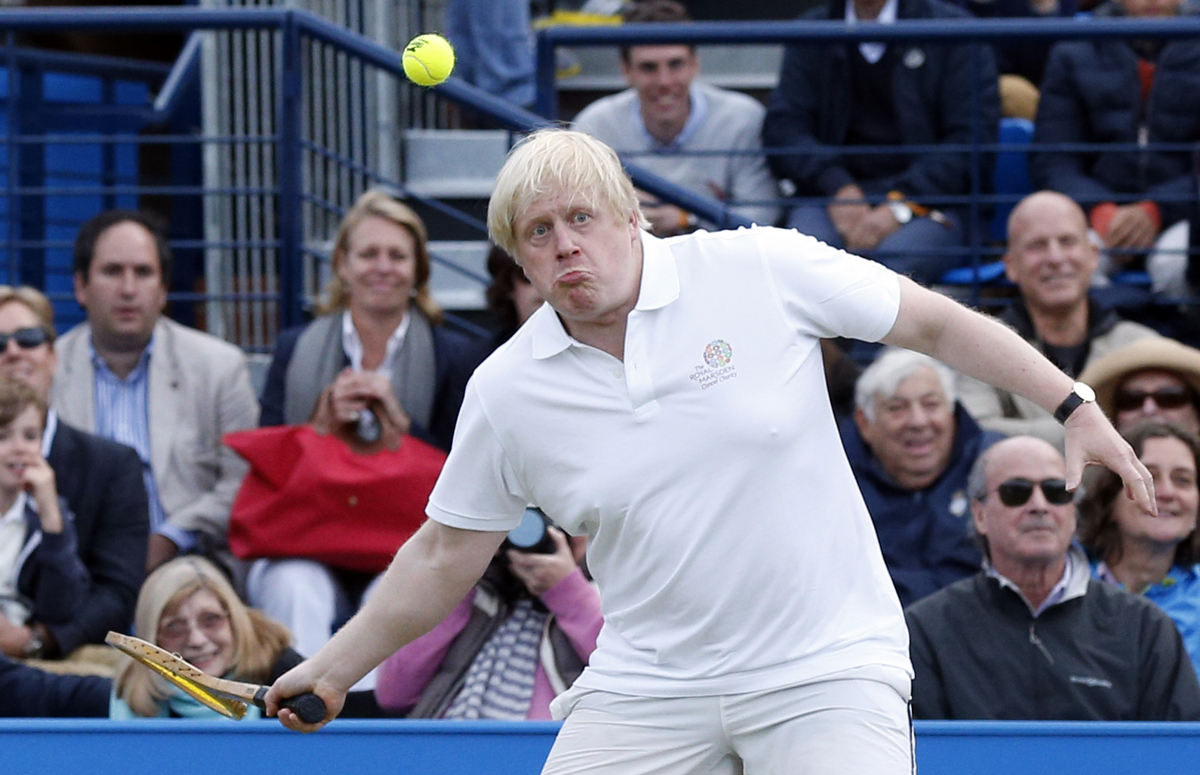
Less than seven years ago, the gross value of African trade with the rest of the world reached the figure of $600 billion. In 2014, it had surpassed a trillion dollars, according to the United Nations Conference on Trade and Development. African trade is palatable to everybody, which is why during the Brexit referendum campaign, former Foreign Undersecretary James Duddridge claimed the UK had the capabilities for better trade relations with Africa without what he called EU inefficiencies. You might have heard this song before, under the label of Global Britain.
According to the strategic observatory of the Italian CEMISS (Centro Militare di Studi Strategici), British trade relations with Africa appear quite weak. Britain represents 3,5% of the volume of total trade between Africa and the rest of the world. This might seem like a lot, if you don’t keep in mind that Europe is the primary partner for African trade; the figure is almost twice as high for France, for example. British direct foreign investment into Africa capped at 2,6 billion euros in 2014, against France’s 18,3 billion. Countries like Egypt and Nigeria, the most connected to the City, have already experienced worse repercussions than other African countries, as reported by the International Monetary Fund (their prediction is a 1,8% GDP recession in Nigeria).
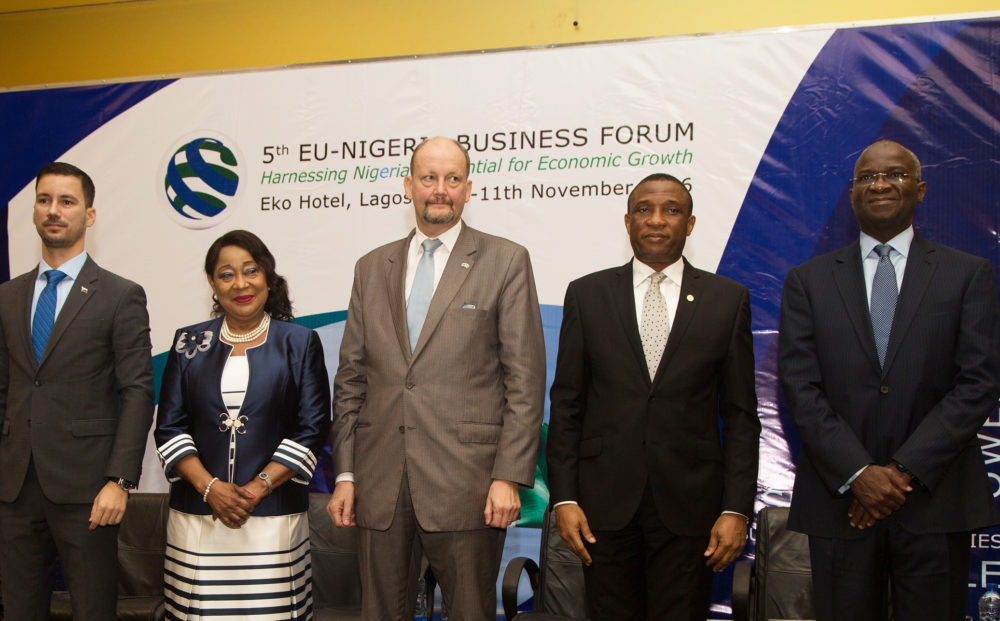
The worst consequences however will be felt on the issue of credibility. London will appear far more isolated, and cut off from European soft power in Africa, so laboriously crafted over decades. While Great Britain will suffer the brunt of the damage, the EU will also experience repercussions, namely the likely weakening of the Union’s bargaining power in the negotiations for the renewed Cotonou Agreement. The primary beneficiary of this windfall is likely to be China.
Playing the long game?
As China deals with an aging population and internal economic developments, Beijing is increasingly looking at Africa to fill the role that is now identified primarily with Southeast Asia itself – the choicest offshoring location for industrial production. For now, however, the primary efforts remain focused on export of Chinese-manufactured products, and the laying of the foundations for future Chinese managerial expertise within Africa, via the establishment of Chinese-run Special Economic Zones in African countries.
Reflecting a pattern that also appears elsewhere, China seems to be playing a longer game than most of her competitors, including the EU.


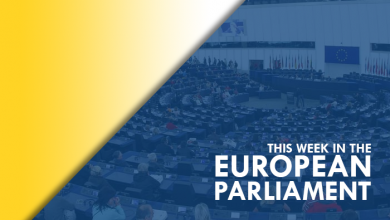

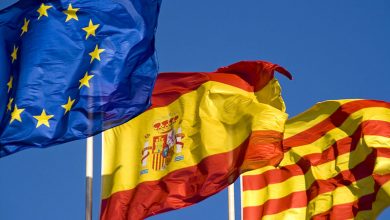
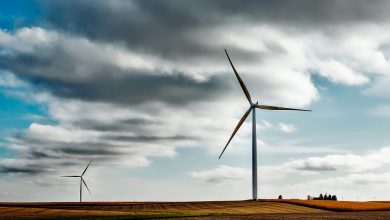
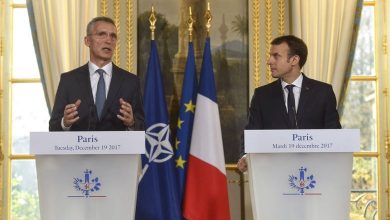
Good post. I learn something totally new and challenging on websites I stumbleupon every day.
It will always be interesting to read content from other authors and practice something from their websites.
I have not checked in here for a while as I thought it was getting boring, but the last several posts are good quality so I guess I will add you back to my daily bloglist. You deserve it my friend 🙂
I just want to say I am just new to blogs and truly enjoyed you’re website. Most likely I’m planning to bookmark your blog . You definitely have terrific stories. Many thanks for revealing your blog.